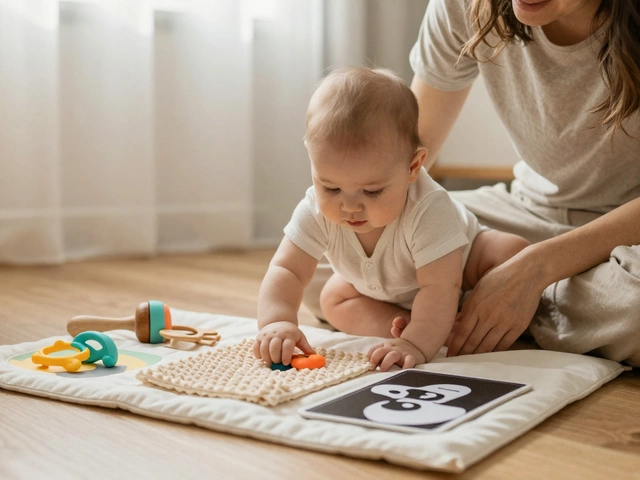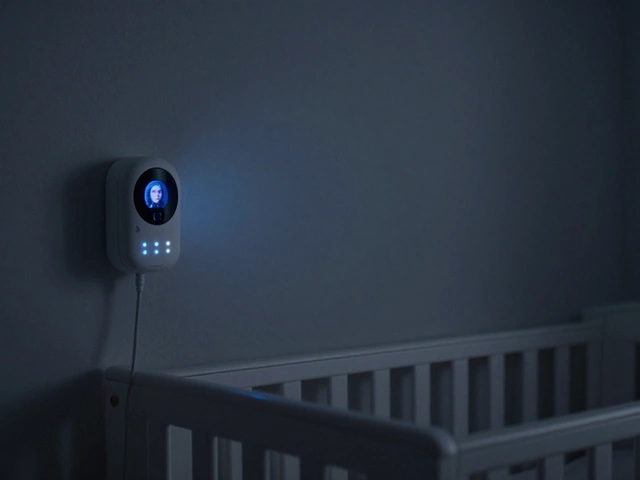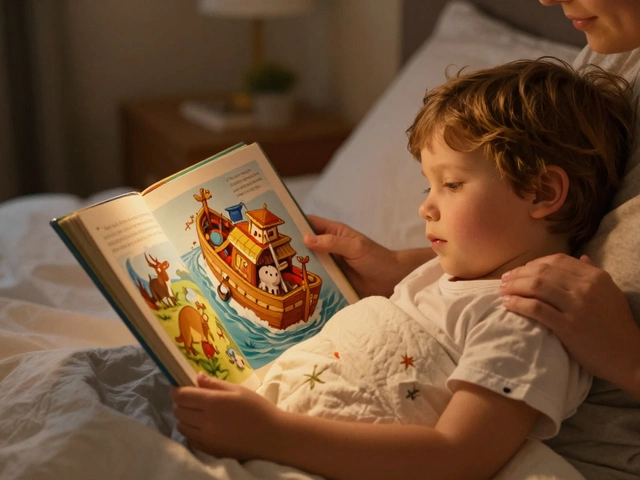Autism Resources & Practical Tips for UK Families
Living with autism can feel like a nonstop puzzle, but you don’t have to solve it alone. On this page we’ve pulled together the most useful advice, free resources and product ideas that actually make a difference in everyday life.
Understanding Autism Basics
Autism is a neuro‑developmental condition that shows up in many ways—social cues, sensory reactions, communication style, and routine preferences can all vary. In the UK, about 1 in 100 children are on the spectrum, so you’re not rare, even if you feel isolated.
Key signs to watch for are delayed speech, intense focus on specific topics, and strong reactions to lights, sounds, or textures. Early diagnosis isn’t a race; it’s about getting the right support when it matters.
Everyday Strategies and Helpful Products
Structure is a lifesaver. Visual schedules, colour‑coded timers, and simple check‑lists give a predictable flow that reduces anxiety. A whiteboard in the kitchen or a pocket‑size daily planner works wonders for both kids and parents.
Sensory needs are personal. Some children love weighted blankets, others need a quiet corner with soft lighting. Our shop carries sensory‑friendly toys, noise‑reducing headphones, and clothing without tags that spark irritation.
Communication can improve with picture exchange cards or apps that turn words into symbols. A quick search of NHS resources will point you to free printable cards you can customise at home.
When outings feel overwhelming, pack a “sensory kit”: a favorite fidget, a calming scent, and a snack. Having these items on hand cuts meltdowns before they start.
Schools in England are required to provide reasonable adjustments under the SEND Code of Practice. Ask the special educational needs coordinator (SENCO) for an Individual Education Plan that includes break times, quiet spaces, and tailored homework support.
Support isn’t just for kids. Parent groups, both online and in local community centres, give you a chance to swap tips, vent, and celebrate wins. Look for autism charities like the National Autistic Society for free workshops and advice lines.
Finally, remember to celebrate strengths. Many autistic children excel in pattern recognition, memory, or creative arts. Provide tools that nurture those talents—puzzle sets, music apps, or art supplies—and you’ll see confidence grow.

ADHD vs Autism: How Are They Connected?
Unpack the real relationship between ADHD and autism, see what sets them apart, how often they overlap, and discover tips for understanding each condition.
view more




